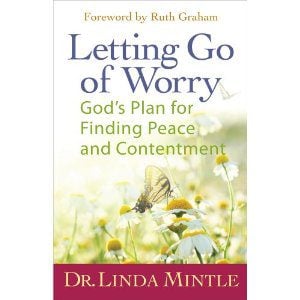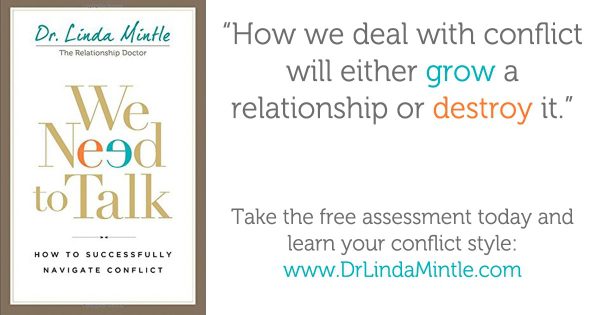 In the same way a drug addict uses cocaine or an alcoholic downs booze, work can have an anesthetizing effect on negative emotions. People use work to escape and avoid unpleasant emotional states. But because hard work is so sanctioned in our society, it is an addiction often minimized.
In the same way a drug addict uses cocaine or an alcoholic downs booze, work can have an anesthetizing effect on negative emotions. People use work to escape and avoid unpleasant emotional states. But because hard work is so sanctioned in our society, it is an addiction often minimized.
Our once sacred days of rest have vanished as malls and superstores stay open during Shabbot and Sundays. Technology invades our home life. Solicitors assault us during the dinner hour. And the boundary between work and home is blurred by balckberries, faxes, cell phones and computers. This instant communiqué turns our play to work and our home fronts to alternate work sites.
How do you know if you are simply a hard worker or a workaholic? Ask yourself these questions:
1) Do you view work as a haven rather than a necessity or obligation?
2) Does work obliterate all other areas of your life?
3) Can you make the transition from the office to the Little League game without guilt and constant thinking of what you need to do?
4) Do you have work scattered all over your home?
5) Do you regularly break commitments to family and friends because of deadlines and work commitments?
6) Do you get an adrenaline rush from meeting impossible deadlines?
7) Are you preoccupied with work no matter what you do?
8) Do you work long after your co-workers are finished?
If your answers are “Yes” to most of these questions, it’s time to reevaluate your love for work and cut back. Workaholism can bring emotional estrangement and withdrawal in your relationships. In the worse case, it can even lead to separation and divorce.
If you think you may be a workaholic, acknowledge the problem. Then, begin making small changes that limit work hours. Get active with your family. Turn off electronics and be unavailable for work during certain hours of the day. Leave the office at a reasonable time even if your work isn’t perfect or completely finished.
Even though you may be rewarded at the work place for your obsessive efforts, your family needs you, not more work. And as the well-known saying goes, “I’ve never met a dying person who regretted not spending more time at the office!”


